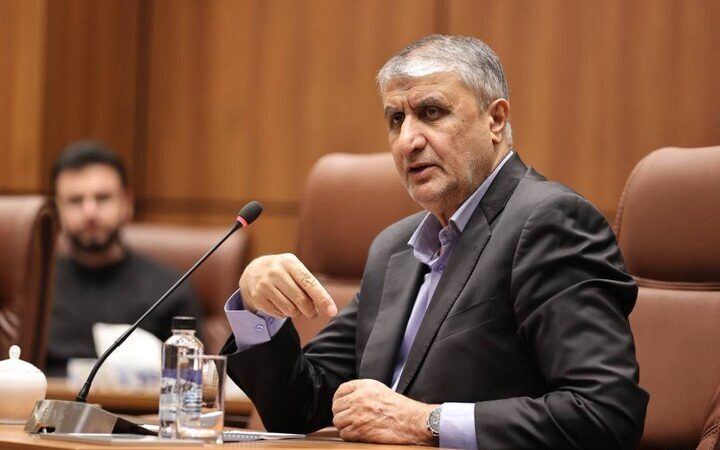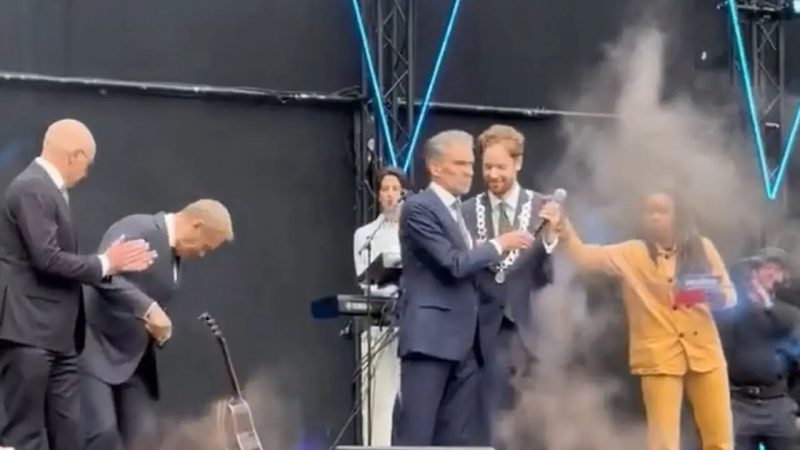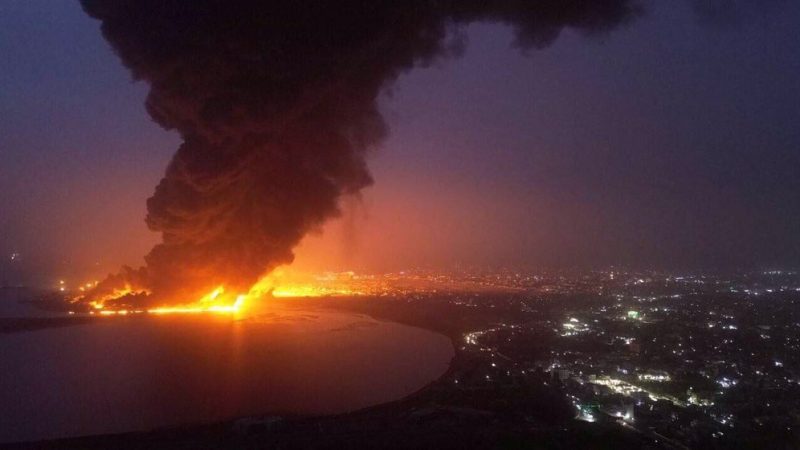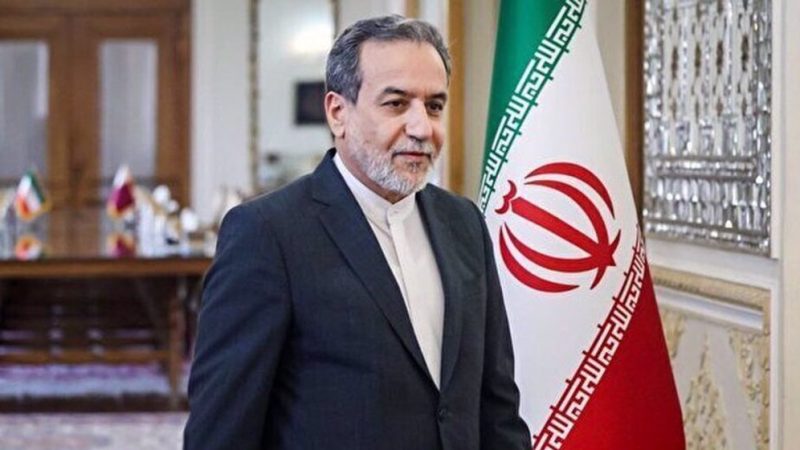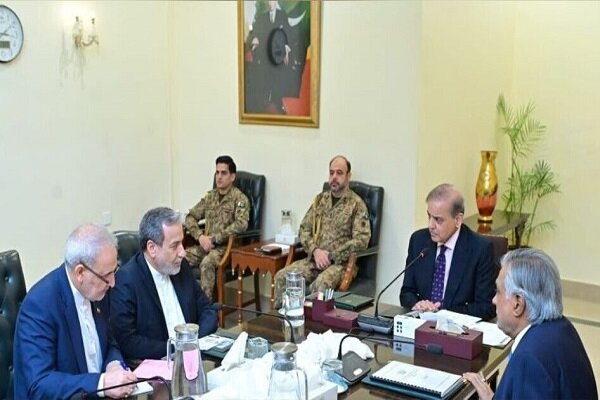Iran, Pakistan say ‘committed’ to strong ties, urge diplomacy during Araghchi's visit

The top Iranian and Pakistani diplomats have agreed to build a strong foundation for “economic and strategic” cooperation in the region.
Iranian Foreign Minister Abbas Araghchi, on an official day-long visit to Islamabad, met with Pakistani Deputy Prime Minister and Foreign Minister, Senator Mohammad Ishaq Dar, on Monday, according to a press release by Pakistani Ministry of Foreign Affairs.
It added that Araghchi and Dar placed a premium on the need to continue working closely to enhance mutual understanding.
They exchanged views on major regional and international developments and reaffirmed their shared commitment to peace and stability in the region, it noted.
According to the ministry, Araghchi said Iran is keen to further deepen relations with Pakistan.
Heading a delegation, the Iranian foreign minister arrived in Islamabad on Sunday to hold talks with high-ranking Pakistani officials. His trip is taking place in line with Iran’s policy to promote relations with its neighboring countries.
Speaking upon his arrival, Araghchi said Tehran and Islamabad are working to put bilateral cooperation on a “better path.”
He added that Iran attaches importance to ties with Pakistan and other countries in the region, noting that during his stay in Islamabad, he would raise mutual relations and regional issues with senior Pakistani officials.
The Pakistani foreign minister, for his part, said Tehran and Islamabad are fostering unity given their historical, cultural and religious bonds.
Pointing to the positive momentum in relations between the two neighboring countries, he emphasized the need to expand cooperation in key areas including trade, energy, border security, and regional connectivity.
The top Pakistani diplomat expressed his country’s serious concerns over the prevailing tensions in South Asia as a result of “India’s provocative behavior”.
He firmly rejected unsubstantiated attempts to implicate Pakistan in a terrorist incident in the town of Pahalgam, saying Islamabad calls for an international, transparent, and impartial investigation to establish the facts regarding the incident.
He further noted that such allegations appear to be a tactic to divert global attention from the Jammu and Kashmir dispute.
The Pakistani foreign minister emphasized that his country has consistently denounced terrorism in all its forms.
He underscored Pakistan’s frontline role in the fight against terrorism and the significant sacrifices it had made in this regard.
Tensions between the two nuclear-armed countries have increased over the April 22 terrorist attack in the Indian-administered Kashmir, which claimed the lives of 26 people.
India has blamed Pakistan for the attack, but Pakistan has rejected the accusations.
In a telephone conversation with Indian Prime Minister Narendra Modi on April 26, Iranian President Masoud Pezeshkian condemned the attack and stressed the need for a joint fight against terrorism.
In a separate phone call with Pakistan’s Prime Minister Shehbaz Sharif on the same day, Pezeshkian expressed deep concern over the rising tensions between India and Pakistan in the wake of the attack.

